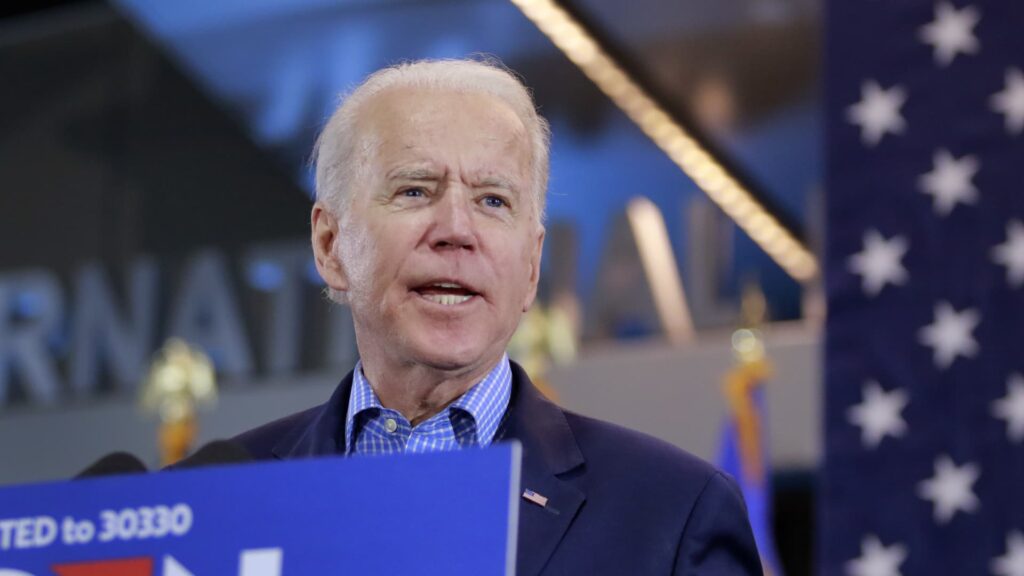President Joe Biden in Las Vegas on February 22, 2020.
Rhonda Churchill
President Joe Biden will visit the battleground state of Nevada on Tuesday to target corporate landlords, who the White House claims are keeping rents artificially high even as overall inflation declines.
Biden's attack on what he calls “rent gouging” is part of his broader election-year effort to shift blame for stubbornly high costs of living away from the president and his economic policies, and to companies with outsized pricing powers.
As public sentiment about the economy turns more optimistic, housing remains a major pain point. The latest Consumer Price Index, a key measure of inflation, found that energy and shelter costs were the main driver of the 0.4% rise in consumer prices in February.
The cost of housing was the second most important economic issue for participants in a recent survey of 1,010 registered voters conducted by the Financial Times and Michigan Ross, after inflation in general.
As a result, housing is emerging as a key front in Biden's war against corporate pricing power, a war in which he has also sought to go after rising drug and food prices.
Speaking in Nevada, Biden will emphasize housing provisions in his 2025 budget proposal, target “rent gouging by corporate landlords” and call on Congress to pass legislation to lower housing costs, according to a White House fact sheet.
Biden won Nevada in 2020, but recent polls show him trailing presumptive Republican nominee Donald Trump in the Silver State.
Housing is on Biden's broader agenda
“This is a president who consistently wants to take on powerful interests to keep costs down for families,” a senior administration official told reporters Monday. “This housing agenda is just another example.”
Last week, the National Association of Realtors announced a $418 million settlement to resolve antitrust lawsuits brought by home sellers, who alleged that the industry's longstanding commission structure amounted to collusion between the NAR and its member brokerage firms. In a statement, the trade group denied committing any violations.
“The recent settlement by the National Association of Realtors is a major step in increasing competition” in the housing market, National Economic Council Director Lael Brainard said in a Monday call with reporters.
Under the Biden administration, the Federal Trade Commission and the Justice Department's antitrust division have been particularly aggressive in challenging large mergers in court.
It's all part of Biden's broader fight against conglomerates and companies that he sees as too powerful, and companies that he believes have deployed anticompetitive practices to distort free markets.
Biden's quest to restore what he calls a “fair, open and competitive market” has become a cornerstone of the president's economic program.
On the campaign trail, this often means trying to convince voters that giant corporations are more responsible for the financial pain of ordinary Americans than his policies.
Here, the latest poll conducted by the Financial Times indicated that Biden's efforts may be starting to bear fruit.
The percentage of respondents who said “big companies exploit inflation” deserve some of the blame for rising prices rose 9% from November to March, to 63%. The poll's margin of error was +/-3.1%.
